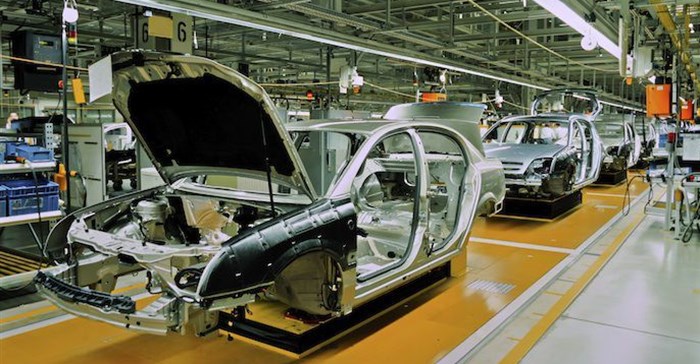
One only needs to think of the economic transformation of Mauritius, Swaziland and Lesotho to appreciate the powerful impact that foreign direct investment (FDI) can have on changing the economic outlook of previously underperforming economies.
To maximise opportunities for FDI and its associated economic growth in South Africa, President Cyril Ramaphosa recently embarked on an ambitious drive to increase global confidence in the investment opportunities available in the country. Focused on the promotion of sustainable and inclusive development, the investment drive aims to attract over $100bn (R1.3trn) in new investments over a five-year period.
If they come to fruition, these investments will see a significant boost to the average investment amount which currently contributes 19.9% to GDP.
The upcoming 10th Brics Summit which is set to take place from 22-25 July in Durban and Gauteng will provide the ideal platform for leveraging the economic might of Brics trading partners and attracting the type of FDI opportunities Ramaphosa is looking for.
Brics, as we know, is widely considered as a catalyst for achieving South Africa’s National Development Goals, economic growth, job creation, trade and investment in the country.
In particular, the potential that increased Chinese-South African collaboration has for economic growth in the country and on the continent will surely be a highpoint on many summit delegates’ agendas. China is currently South Africa largest trading partner and saw bilateral trade of more than R318bn in 2017 alone.
This year marks the 20th anniversary of China-South Africa diplomatic ties. Comprehensive and in-depth cooperation remains a key focus area of this strategic and globally significant relationship as both countries seek out innovative and sustainable ways to enhance the benefits of the growing partnership.
Under the frameworks of the Forum on China-Africa Co-operation (Focac), Brics, and the Belt and Road Initiative (BRI), South Africa and China continue to forge mutually beneficial relationships and partner on projects that both initiate and enhance FDI and improved economic growth, job creation and transformation in the country.
Vehicle manufacturer BAIC’s multi-billion investment in a vehicle assembly plant at the Coega Special Economic Zone (SEZ) of Nelson Mandela Bay is a prime example of such initiatives and China’s continued support for the country’s development goals.
As the single largest automotive investment in South Africa in over 40 years. The BAIC SA vehicle assembly plant will be built in two phases, and will comprise an assembly shop, paint shop, office block, energy centre and sewage treatment works. Later this month, BAIC SA will produce the first car on its SKD line. It is significant, because it will be the first car this Global Fortune 500 produced outside its home-market of China.
Not only is the project providing major economic opportunities for the local Eastern Cape economy – a province renowned for economic instability and high levels of unemployment – this FDI will also have substantial long-term impacts on sustainable development in the region through its facilitation of much needed technology and skills transfer.
An important element connected to any FDI in South Africa is the technological know-how and skills transfer that comes along with the investment. For them, the upskilling of local workers and the introduction of state-of-the-art technology and management techniques are instrumental to inclusive and sustainable growth in the country.
While South Africa is already one of the largest hubs for Chinese FDI, receiving approximately $5bn between 2003 and 2017, the country continues to be seen as a market leader and driving force behind investment in Africa and therefore remains an important investment destination for China.
To this end, as the flagship BAIC automotive project begins to reap rewards for the Eastern Cape domestic economy, the potential of the project to act as a catalyst in unlocking future investment flows from China needs to remain high on both local and national government radars.